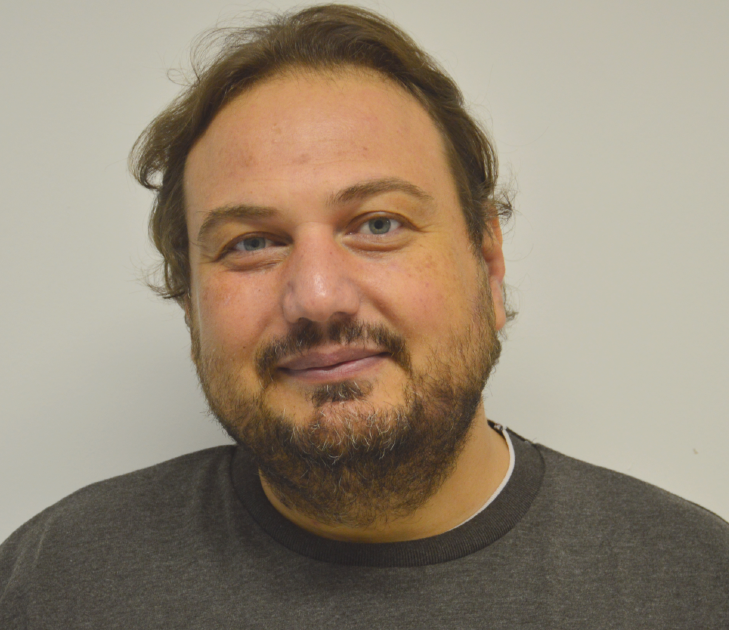10 February 2023
Professor in Neuroscience and Research Methods Avgis Hadjipapas, together with Assistant Professor in Perception and Cognitive Neuroscience at Maastricht University, Mark Roberts, and Medical School’s Post-Doctoral Fellow in Neuroscience, Charalambos Charalambous, have successfully completed the Research Topic ’Why the Exact Frequencies in our Brains Matter: Perspectives from Electrophysiology and Brain Stimulation.’ The editorial article was recently published in Frontiers in Systems Neuroscience and summarises the contributions to the topic.

Prof Hadjipapas said that ‘Brain activity that is generated by neurons organized in neural networks is often rhythmic. Patterns of certain brain waves tend to repeat themselves over time, with a certain speed, which is referred to as their natural frequency. Meanwhile, it has been proposed that various brain rhythms play a significant role in both normal brain function, and dysfunction.’
The Research Topic explores the impact of the frequency of these rhythms on the communication between brain neural networks and their responses to external stimuli. The researchers argue that the precise frequency of these rhythms is crucial in shaping synchronization between neural networks. This universal relationship governing synchronisation, which holds equally in physical, biological and man-made engineering systems, has important consequences on the functionality of the brain.
Previously it has been shown that networks representing similar stimuli express similar natural frequencies, and thus are synchronized when the brain processes information. On the other hand, networks with dissimilar natural frequencies are kept separated. Thus, the brain can utilise these frequency variations to manipulate timing differences between brain regions, and shape the information flow across its regions.
In the topic it is also argued that repeating stimuli at specific frequencies may also lead to plasticity, as evident by sustained modification of subsequent brain activity and that sensory stimulation at a specific frequency may offer a potential new treatment for Alzheimer’s patients.
Additionally, the Research Topic investigates whether frequency specificity may exist in the motor system, and specifically in the two main descending pathways from the brain that control body muscles during walking. If such specificity were to exist, one could use non-invasive brain stimulation tools to stimulate a particular pathway at specific frequencies, used as a neurorehabilitation strategy after a stroke. The evidence is reviewed and although it is still early days, this seems to be a fruitful pathway for further research in the future.
Prof Hadjipapas added: ‘Overall, in this research topic the researchers conclude that the precise frequencies of the rhythms in the human brain play an important role in how different networks synchronise. The brain seems to utilise frequency differences in order to shape the flow across its regions, and to perform basic computations in perception. Stimulating at specific frequencies, in relation to ongoing brain rhythms, can entrain these and may produce benefits not only in healthy individuals, but it can also be used therapeutically in order to ameliorate pathology in patients with degenerative brain disease, and potentially become a rehabilitation strategy for patients with brain damage.

